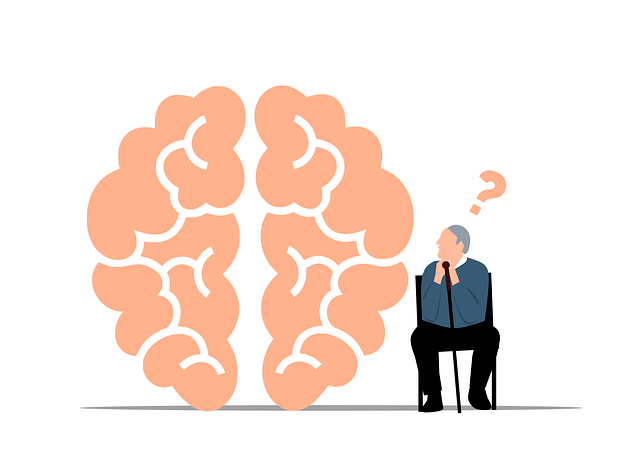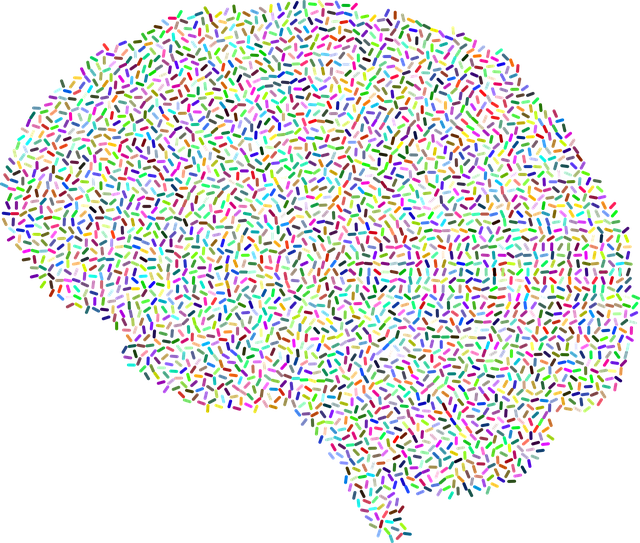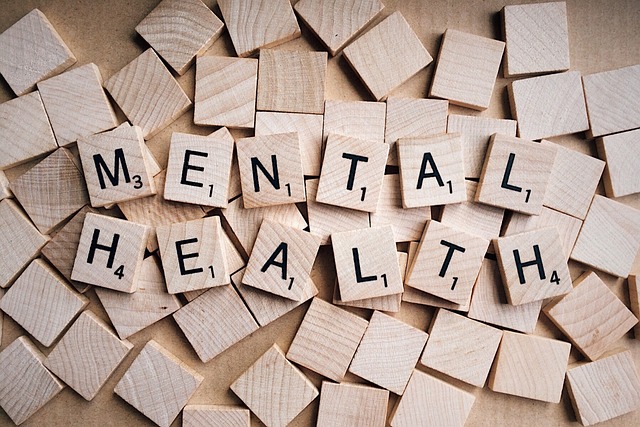Emotion regulation techniques are vital tools for adolescent teens dealing with mental health issues, especially during hormonal changes and social pressures that can exacerbate conditions like postpartum depression (PPD). Effective therapy teaches teens to recognize and control their emotions, reduces stigma, and improves communication skills. Social skills training and cultural competency ensure tailored care for diverse teen populations. For PPD, specialized therapy employing mindfulness practices, cognitive restructuring, and stress management strategies helps individuals process emotions healthily. This comprehensive approach supports adolescents in managing PPD symptoms and fosters emotional resilience through coping mechanisms and self-compassion practices. Tailored therapy empowers teens to lead happier lives while mitigating risks of untreated emotional difficulties.
Emotion regulation techniques are essential tools for teaching adolescent mental health support. This article delves into effective strategies, focusing on both understanding and applying these techniques in key contexts like postpartum depression therapy. By exploring how to navigate the intricate landscape of teenage emotions, we empower professionals to foster resilience and well-being among young individuals. Key sections include a deep dive into specific techniques, their application in postpartum depression therapy, and best practices for teaching these skills to teens.
- Understanding Emotion Regulation Techniques for Teens
- Applying These Techniques in Postpartum Depression Therapy
- Effective Teaching Strategies for Adolescent Mental Health Support
Understanding Emotion Regulation Techniques for Teens

Emotion regulation techniques are crucial tools for adolescent teens navigating their mental health landscape. Understanding and mastering these skills can significantly help young individuals manage challenging emotions, a particularly vital aspect during adolescence when hormonal changes and social pressures can exacerbate existing conditions like postpartum depression.
Effective therapy for adolescent teens involves teaching them strategies to recognize and control their emotional responses, fostering resilience against mental illness stigma reduction efforts. Social skills training plays a pivotal role in this process, enabling teens to communicate their feelings healthily and build supportive relationships. Moreover, healthcare provider cultural competency training ensures that professionals are equipped to offer tailored care, considering the unique needs of diverse teen populations.
Applying These Techniques in Postpartum Depression Therapy

Postpartum depression (PPD) is a complex condition that can deeply impact new mothers, often requiring specialized therapy to manage effectively. Emotion regulation techniques play a pivotal role in addressing PPD, offering valuable tools for both adolescents and teens who may be navigating this challenging phase. By teaching individuals to recognize and process their emotions healthily, these techniques provide a framework for improving mental well-being.
In therapy sessions, practitioners can guide patients through various strategies such as mindfulness practices, cognitive restructuring, and stress management techniques tailored to address PPD symptoms. For instance, mindfulness meditation helps individuals become more attuned to their feelings, fostering better awareness and emotional control. Additionally, communication strategies are essential for building support networks; encouraging open dialogue between mothers and their support systems can alleviate symptoms of anxiety and burnout prevention, creating a safer and healthier environment.
Effective Teaching Strategies for Adolescent Mental Health Support

Teaching effective emotion regulation techniques is a powerful tool for supporting adolescent mental health. This is particularly crucial given the rise in anxiety and depression among teens, with postpartum depression emerging as a significant concern. Therapists play a vital role in equipping young individuals with skills to navigate their emotions, especially during crises. One proven strategy is Crisis Intervention Guidance, which focuses on immediate support and stabilization. This approach teaches adolescents to identify triggers, recognize early warning signs of distress, and develop coping mechanisms to manage intense feelings.
Incorporating compassion cultivation practices into therapy sessions can also foster emotional resilience. Encouraging self-compassion and empathy towards others helps teens regulate their emotions more effectively. These practices, combined with tailored therapy for adolescent teens, offer a comprehensive approach to addressing mental health challenges. By implementing these teaching strategies, professionals can empower young people to lead healthier, happier lives, mitigating the risks associated with untreated emotional difficulties.
Emotion regulation techniques have proven to be invaluable tools in supporting adolescent mental health and managing conditions like postpartum depression. By understanding these techniques, as explored in this article, therapists can effectively teach teens strategies to navigate their emotions, fostering resilience and improved well-being. The application of these techniques in postpartum depression therapy offers a promising approach to healing and recovery. Through tailored teaching strategies, professionals can empower adolescents to take charge of their emotional health, providing them with lifelong skills to thrive in various life contexts.













